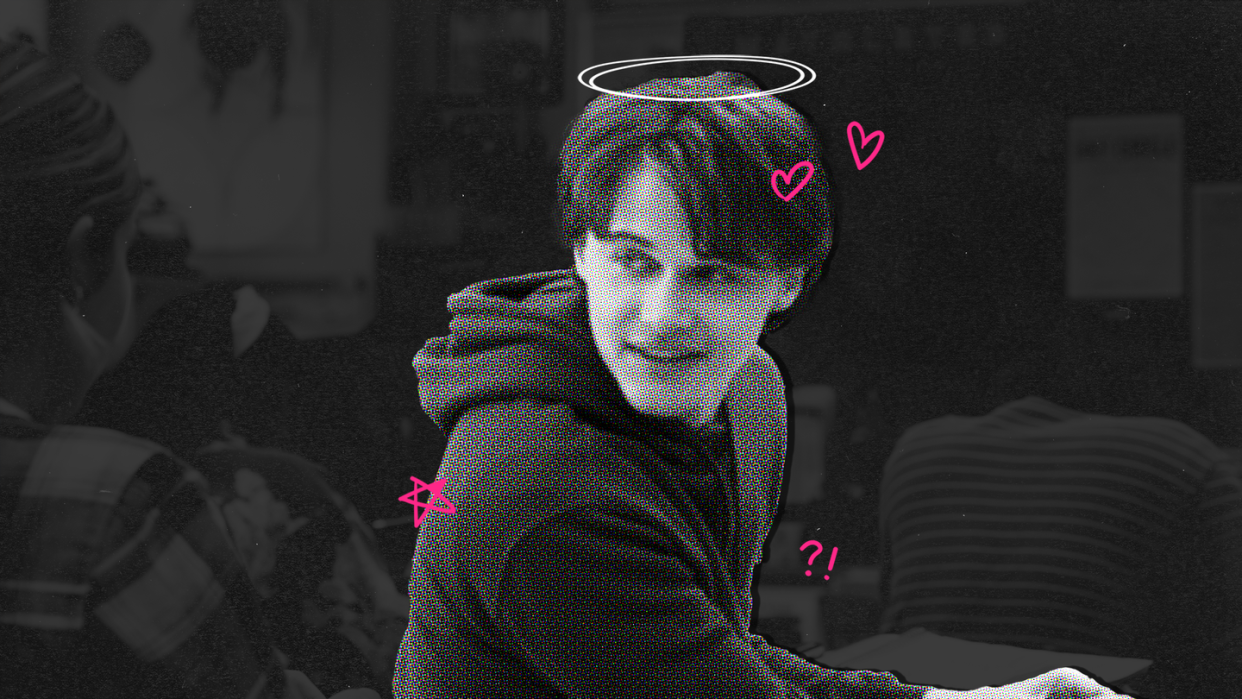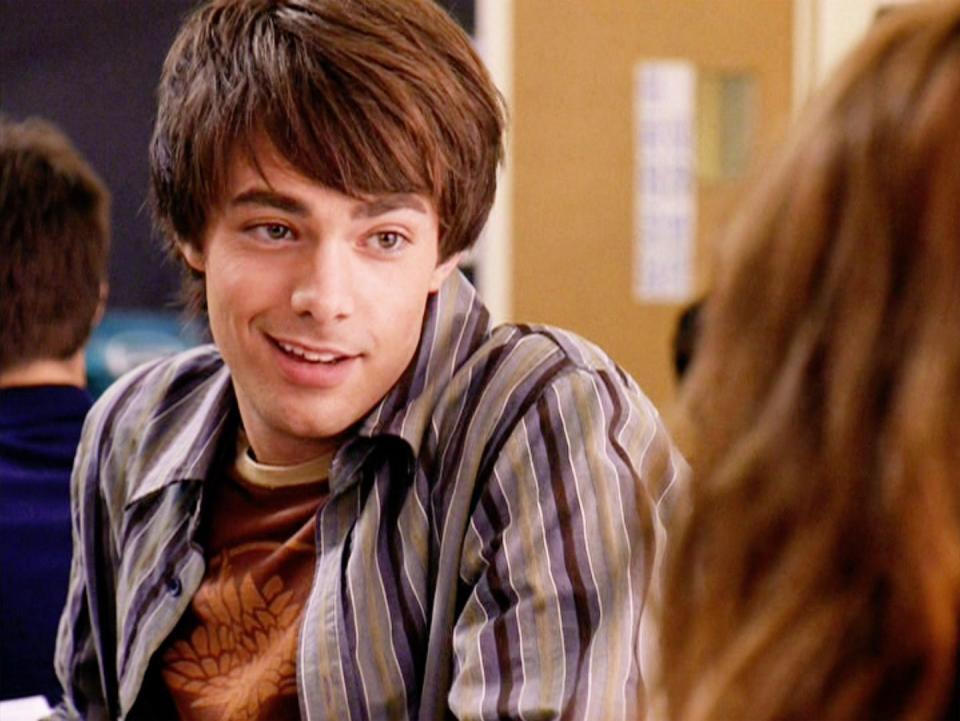Wait, Were We All Wrong About the New Aaron Samuels?

- Oops!Something went wrong.Please try again later.
I've loved Lindsay Lohan’s movies since the ripe age of five and Mean Girls has always been my comfort watch, thanks to its endlessly quotable punchlines and my affinity for mid-2000s cable re-runs. When it was announced that a new screen adaptation of the 2017 Broadway musical, based on the 2004 movie (say that three times fast, I dare you) was in the works, I was skeptical and intrigued. Even though this version was ostensibly for my generation, how many times can you revamp the same story? It turns out three is just enough.
Since it hit theaters a week ago, Mean Girls: The Musical: The Movie has been the subject of endless debate from critics, diehard fans of the original, and devotees of rising superstar and delightful loose cannon Reneé Rapp, proving the Plastics' considerable staying power. On top of tweaking the script to make room for musical numbers and cutting poorly-aged jokes to avoid a #TinaFeyIsOverParty situation, one of the main departures from the original film is how Mean Girls reinvents its resident heartthrob, Aaron Samuels.
When Christpher Briney’s casting was initially announced, I was among the confused fans online. What could the actor best known for portraying Conrad Fisher, the emotional and broody older sibling in The Summer I Turned Pretty’s infamous love triangle, bring to the classically popular, hot, and, let’s be honest, slightly himboish Aaron Samuels? But after watching the latest version of the canonical teen comedy, I fully get the appeal. A sprinkling of Conrad’s traits (perhaps Briney-isms?) were translated into the new Aaron, and—spoiler alert—it really works.

The new Aaron isn’t a football star; in fact, he isn't even a classic high school archetype—Gen Z doesn't need an easy stereotype to know that a hearthrob is heartthrobbing. In both movies, Aaron acts as a pawn in Regina and Cady’s ruthless game as they fight over his attention and lord it over each other (Ahem: “Won’t you tell him his hair looks hot pushed back,” anyone?). Jonathan Bennett’s inaugural portrayal is laid-back, slightly intimidating, and suave, which was perfect for 2004 tastes. It doesn’t take much beyond Regina batting her eyelashes at him for Bennett’s Aaron to get back together with her at that iconic Halloween party. In fact, it seems like he doesn’t know or doesn’t care to know that he’s being used by Northshore’s resident Queen of Mean to make Cady jealous.
Aaron 2.0, meanwhile, is a much softer character. He decides to give Regina another chance after she pleads her case and paints herself as a victim of her classmates’ constant judgment (through a dynamic musical number, of course). When he catches Regina cheating on him with another guy, he pushes Cady away as she attempts to be his shoulder to cry on—he won’t be so easily manipulated. His broodiness is at an all-time high when Cady reveals she pretended to be bad at math to talk to him, and he runs out of her “small get-together.”
The new Aaron’s interactions with Cady are all tinged with a certain guilelessness and vulnerability. Every time his face lit up the screen, I found myself kicking my feet and giggling. Suddenly, I was right there with Cady and reliving the rite of passage that is having a high school crush. The secret is that this Aaron is rooted in emotion, rather than just being a prop in the middle of the mess.
Heartthrobs, of course, are a reflection of what the young people of any generation find wildly attractive, and they evolve right alongside the audience. I’d argue that the new generation of heartthrobs—Aaron, Paxton’s multifaceted jock in Never Have I Ever, and even Hazel’s goofy outcast in Bottoms—are a pleasant departure from the more “hot but boring” types that graced our screens in the ‘90s and ‘00s. They are an extension of Gen Z’s longing for romantic prospects who have just a modicum of maturity and emotional intelligence. We are the generation, after all, that has our therapists on speed dial. Don't get me wrong: we've been through plenty of situationships ourselves, but we still crave real intimacy (ew, sorry). The people we see on screen—including Aaron and other characters in the latest Mean Girls adaptation—are just beginning to reflect our reality.
You Might Also Like

